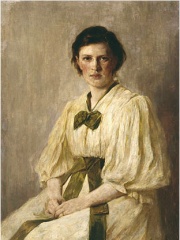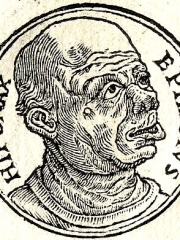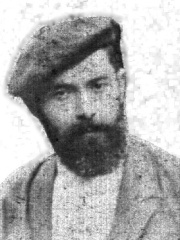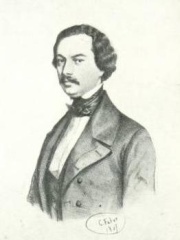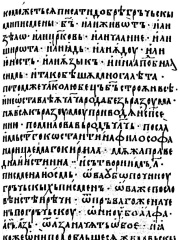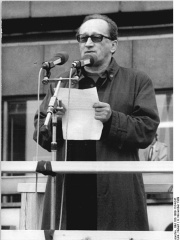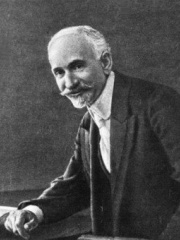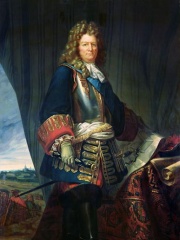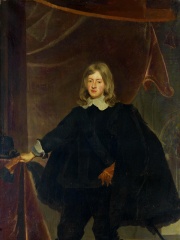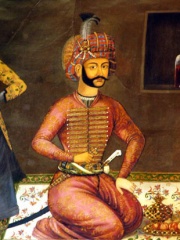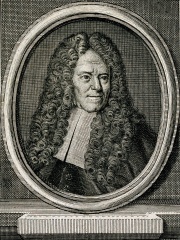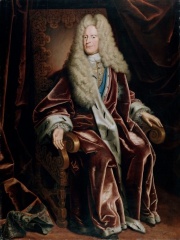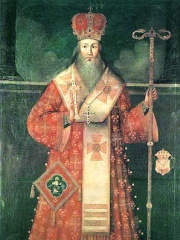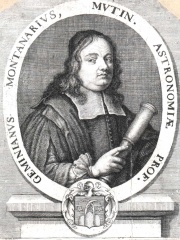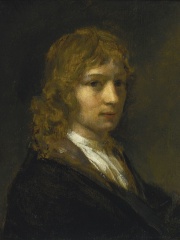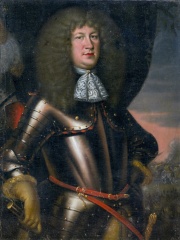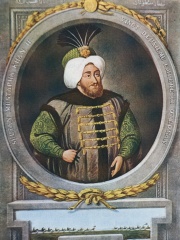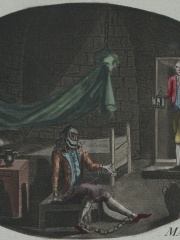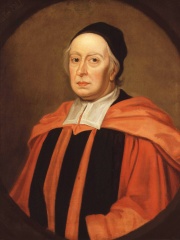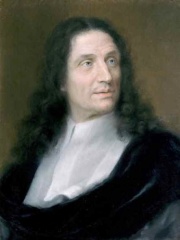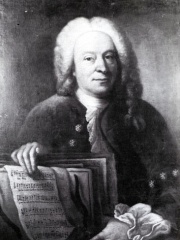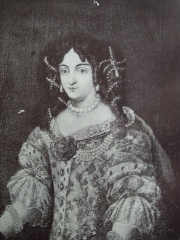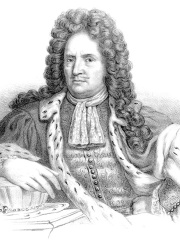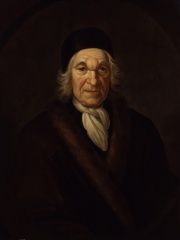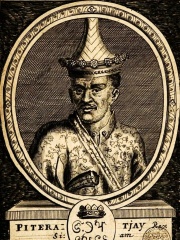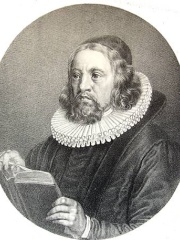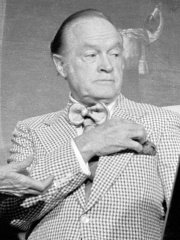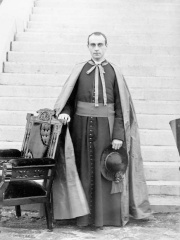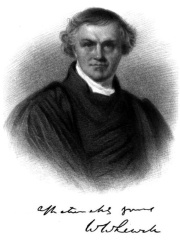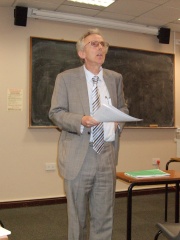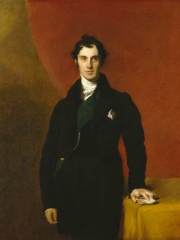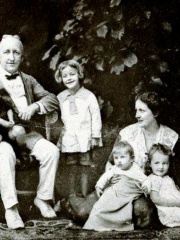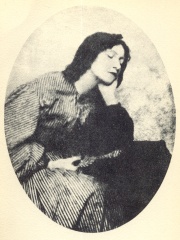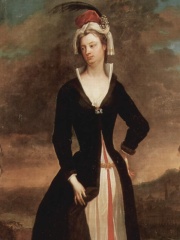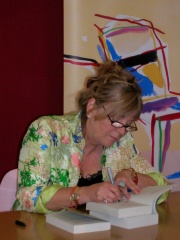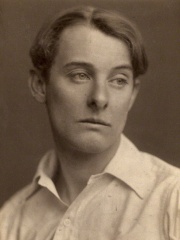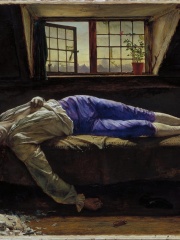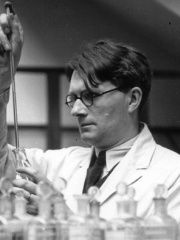Writer
Samuel Pepys
1633 - 1703
EN.WIKIPEDIA PAGE VIEWS (PV)

 Samuel Pepys
Samuel Pepys
His biography is available in 49 different languages on Wikipedia (up from 48 in 2024). Samuel Pepys is the 1,548th most popular writer (down from 1,247th in 2024), the 1,403rd most popular biography from United Kingdom (down from 930th in 2019) and the 148th most popular British Writer.
Memorability Metrics
Page views of Samuel Pepys by language
Among Writers
Among writers, Samuel Pepys ranks 1,548 out of 7,302. Before him are Marianne Weber, Hipponax, Sabino Arana, Manuel Puig, Hunter S. Thompson, and Clarissa Pinkola Estés. After him are Auguste Maquet, Richard Lovelace, Augusto Roa Bastos, Chernorizets Hrabar, Heiner Müller, and Hovhannes Tumanyan.
Most Popular Writers in Wikipedia
Go to all RankingsMarianne Weber
1870 - 1954
HPI: 65.06
Rank: 1,542
Hipponax
600 BC - 600 BC
HPI: 65.05
Rank: 1,543
Sabino Arana
1865 - 1903
HPI: 65.04
Rank: 1,544
Manuel Puig
1932 - 1990
HPI: 65.04
Rank: 1,545
Hunter S. Thompson
1937 - 2005
HPI: 65.04
Rank: 1,546
Clarissa Pinkola Estés
1945 - Present
HPI: 65.03
Rank: 1,547
Samuel Pepys
1633 - 1703
HPI: 65.02
Rank: 1,548
Auguste Maquet
1813 - 1888
HPI: 65.01
Rank: 1,549
Richard Lovelace
1617 - 1658
HPI: 65.00
Rank: 1,550
Augusto Roa Bastos
1917 - 2005
HPI: 65.00
Rank: 1,551
Chernorizets Hrabar
890 - 950
HPI: 65.00
Rank: 1,552
Heiner Müller
1929 - 1995
HPI: 64.99
Rank: 1,553
Hovhannes Tumanyan
1869 - 1923
HPI: 64.99
Rank: 1,554
Contemporaries
Among people born in 1633, Samuel Pepys ranks 8. Before him are Sébastien Le Prestre de Vauban, Ferdinand IV, King of the Romans, Abbas II of Persia, Emperor Go-Kōmyō, Kaya Sultan, and Bernardino Ramazzini. After him are Willem van de Velde the Younger, Anthony Ulrich, Duke of Brunswick-Wolfenbüttel, Arsenije III Čarnojević, Geminiano Montanari, Willem Drost, and Frederick II, Landgrave of Hesse-Homburg. Among people deceased in 1703, Samuel Pepys ranks 9. Before him are Mustafa II, Man in the Iron Mask, John Wallis, Vincenzo Viviani, Johann Christoph Bach, and Ilona Zrínyi. After him are Erik Dahlbergh, Maria de Dominici, Nicolas de Grigny, Charles de Saint-Évremond, Phetracha, and Thomas Kingo.
Others Born in 1633
Go to all RankingsSébastien Le Prestre de Vauban
ENGINEER
1633 - 1707
HPI: 73.84
Rank: 2
Ferdinand IV, King of the Romans
POLITICIAN
1633 - 1654
HPI: 72.71
Rank: 3
Abbas II of Persia
POLITICIAN
1633 - 1666
HPI: 70.72
Rank: 4
Emperor Go-Kōmyō
POLITICIAN
1633 - 1654
HPI: 69.45
Rank: 5
Kaya Sultan
COMPANION
1633 - 1659
HPI: 67.67
Rank: 6
Bernardino Ramazzini
PHYSICIAN
1633 - 1714
HPI: 65.86
Rank: 7
Samuel Pepys
WRITER
1633 - 1703
HPI: 65.02
Rank: 8
Willem van de Velde the Younger
PAINTER
1633 - 1707
HPI: 63.52
Rank: 9
Anthony Ulrich, Duke of Brunswick-Wolfenbüttel
WRITER
1633 - 1714
HPI: 63.31
Rank: 10
Arsenije III Čarnojević
POLITICIAN
1633 - 1706
HPI: 61.42
Rank: 11
Geminiano Montanari
ASTRONOMER
1633 - 1687
HPI: 60.94
Rank: 12
Willem Drost
PAINTER
1633 - 1659
HPI: 60.34
Rank: 13
Frederick II, Landgrave of Hesse-Homburg
POLITICIAN
1633 - 1708
HPI: 60.19
Rank: 14
Others Deceased in 1703
Go to all RankingsMustafa II
POLITICIAN
1664 - 1703
HPI: 78.73
Rank: 3
Man in the Iron Mask
EXTREMIST
1640 - 1703
HPI: 76.42
Rank: 4
John Wallis
MATHEMATICIAN
1616 - 1703
HPI: 72.15
Rank: 5
Vincenzo Viviani
MATHEMATICIAN
1622 - 1703
HPI: 69.00
Rank: 6
Johann Christoph Bach
COMPOSER
1642 - 1703
HPI: 67.95
Rank: 7
Ilona Zrínyi
POLITICIAN
1643 - 1703
HPI: 65.38
Rank: 8
Samuel Pepys
WRITER
1633 - 1703
HPI: 65.02
Rank: 9
Erik Dahlbergh
ENGINEER
1625 - 1703
HPI: 62.75
Rank: 10
Maria de Dominici
PAINTER
1645 - 1703
HPI: 60.82
Rank: 11
Nicolas de Grigny
MUSICIAN
1672 - 1703
HPI: 59.84
Rank: 12
Charles de Saint-Évremond
WRITER
1613 - 1703
HPI: 59.37
Rank: 13
Phetracha
POLITICIAN
1632 - 1703
HPI: 59.10
Rank: 14
Thomas Kingo
RELIGIOUS FIGURE
1634 - 1703
HPI: 57.94
Rank: 15
In United Kingdom
Among people born in United Kingdom, Samuel Pepys ranks 1,403 out of NaN. Before him are Josiah Wedgwood (1730), Seamus Heaney (1939), Bob Hope (1903), Rafael Merry del Val (1865), William Whewell (1794), and Saint David (512). After him are MF Doom (1971), Peter Burke (1937), Bill Shankly (1913), Liam Payne (1993), George Hamilton-Gordon, 4th Earl of Aberdeen (1784), and Richard Lovelace (1617).
Others born in United Kingdom
Go to all RankingsJosiah Wedgwood
DESIGNER
1730 - 1795
HPI: 65.07
Rank: 1,397
Seamus Heaney
WRITER
1939 - 2013
HPI: 65.06
Rank: 1,398
Bob Hope
COMEDIAN
1903 - 2003
HPI: 65.06
Rank: 1,399
Rafael Merry del Val
RELIGIOUS FIGURE
1865 - 1930
HPI: 65.05
Rank: 1,400
William Whewell
PHYSICIST
1794 - 1866
HPI: 65.04
Rank: 1,401
Saint David
RELIGIOUS FIGURE
512 - 589
HPI: 65.03
Rank: 1,402
Samuel Pepys
WRITER
1633 - 1703
HPI: 65.02
Rank: 1,403
MF Doom
SINGER
1971 - 2020
HPI: 65.02
Rank: 1,404
Peter Burke
HISTORIAN
1937 - Present
HPI: 65.02
Rank: 1,405
Bill Shankly
COACH
1913 - 1981
HPI: 65.01
Rank: 1,406
Liam Payne
SINGER
1993 - 2024
HPI: 65.01
Rank: 1,407
George Hamilton-Gordon, 4th Earl of Aberdeen
POLITICIAN
1784 - 1860
HPI: 65.00
Rank: 1,408
Richard Lovelace
WRITER
1617 - 1658
HPI: 65.00
Rank: 1,409
Among Writers In United Kingdom
Among writers born in United Kingdom, Samuel Pepys ranks 148. Before him are Alistair MacLean (1922), Winifred Wagner (1897), Elizabeth Siddal (1829), Lady Mary Wortley Montagu (1689), Kate Atkinson (1951), and Seamus Heaney (1939). After him are Richard Lovelace (1617), John Brunner (1934), Lord Alfred Douglas (1870), Neil Gaiman (1960), Thomas Chatterton (1752), and Joseph Needham (1900).
Alistair MacLean
1922 - 1987
HPI: 65.32
Rank: 142
Winifred Wagner
1897 - 1980
HPI: 65.30
Rank: 143
Elizabeth Siddal
1829 - 1862
HPI: 65.30
Rank: 144
Lady Mary Wortley Montagu
1689 - 1762
HPI: 65.27
Rank: 145
Kate Atkinson
1951 - Present
HPI: 65.08
Rank: 146
Seamus Heaney
1939 - 2013
HPI: 65.06
Rank: 147
Samuel Pepys
1633 - 1703
HPI: 65.02
Rank: 148
Richard Lovelace
1617 - 1658
HPI: 65.00
Rank: 149
John Brunner
1934 - 1995
HPI: 64.97
Rank: 150
Lord Alfred Douglas
1870 - 1945
HPI: 64.92
Rank: 151
Neil Gaiman
1960 - Present
HPI: 64.87
Rank: 152
Thomas Chatterton
1752 - 1770
HPI: 64.83
Rank: 153
Joseph Needham
1900 - 1995
HPI: 64.82
Rank: 154
